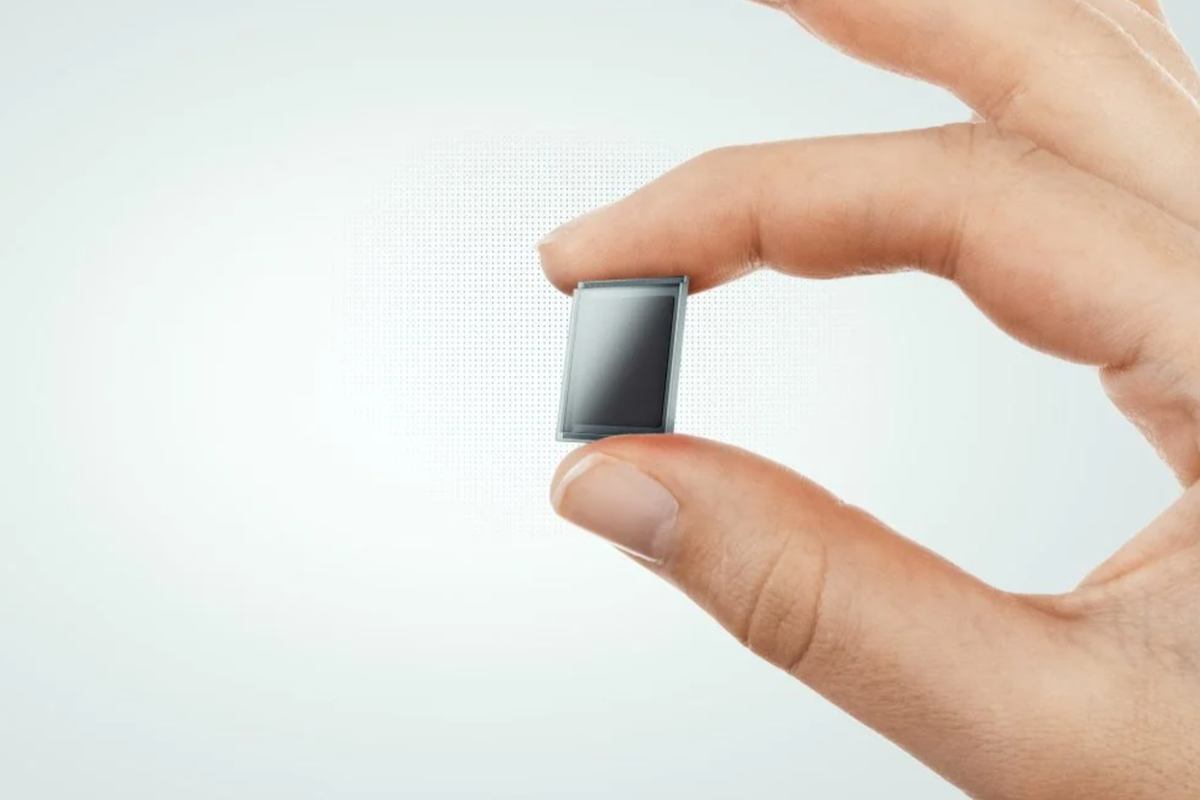‘Batteries are dead’: Indoor solar panel breakthrough offers endless power source, company claims

A US startup has demonstrated an indoor solar panel that it claims could replace billions of batteries in domestic devices like TV remotes and wireless keyboards.
California-based Ambient Photonics said its new solar cell can provide constant power from just indoor and ambient outdoor light, delivering three times more power than existing technologies.
Solar power has been used for decades in low-power electronics like calculators, though such cells have so far not been suitable for more energy-intensive devices.
The latest solar cell is ready for commercialisation, with early applications expected to be light-powered remote controls, keyboards and computer mice.
“Batteries are dead and indoor light is the future power source for billions of connected devices,” the company said in a press release.
“Ambient photonics cells are built for real-world, low-light applications. They use revolutionary new molecules and manufacturing processes to harness indoor and outdoor ambient light and create an endless power source.”
The company unveiled the low-light photovoltaic cell ahead of the Consumer Electronics Show in Las Vegas this week, alongside its first bifacial solar panel that can capture the Sun’s energy from both sides simultaneously.
“Our bifacial solar cell technology is a game-changer for all kinds of devices,” said Bates Marshall, co-founder and chief executive of Ambient Photonics.
“We can imagine a host of connected devices, including electronic shelf labels, building sensors, and more that not only power themselves more effectively in ambient light, but can also be designed and mounted in a variety of flexible ways and perform regardless of shape or orientation.”
Early investors of the company include Amazon’s Climate Pledge Fund, while manufacturers who have already begun integrating Ambient Photonics’ solar panels into their products include remote control maker Universal Electronics and electronic paper firm E Ink.
Recent solar power advances have led scientists to predict that millions of homes across Europe could go off grid over the coming years.
More than half of the continent’s 41 million freestanding homes could be self-sufficient using just solar panels and batteries, researchers from the Karlsruhe Institute of Technology in Germany found last year.
Current costs for manufacturing and installing solar panels mean it is not economically viable for most households to switch to a self-sufficient system, however separate calculations from the Berlin-based Mercator Research Institute on Global Commons and Climate Change show that the price of solar power has dropped significantly in recent year.
Calculations from the institute suggest that costs have fallen by nearly 90 per cent over the last decade, and are anticipated to soon become more cost effective than fossil fuel-powered energy sources.

